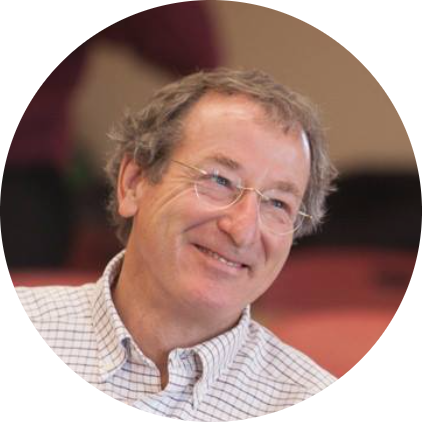Engineering Communications Program
Whether writing a report, giving a presentation, crafting lab reports, designing graphics, or doing any of a myriad of communication tasks, engineers must constantly think about clarity, efficiency, and elegance in their efforts to reach others. The College of Engineering supports students in preparing for these professional skills by offering communication classes, workshops, and other interactions that support the needs of engineering courses, students, faculty, and staff.
General Information
The most important objective of the Engineering Communications Program (ECP) is to enable undergraduate engineering students to develop strategies for learning to learn how to act effectively and efficiently as communicators.
In cooperation with several departments in the College of Engineering, and engineering faculty, ECP offers undergraduate students many different options to fulfill the Engineering Communications Requirement . Each of these options emphasizes learning to learn how to communicate within the demanding and widely varying contexts that engineers will encounter. Please see Engineering Communications Requirement for more details about the myriad of ways that the Engineering Communications Program supports students and faculty from across the College of Engineering and beyond.
ECP also engages in a variety of outreach projects, including the Alumni Engagement Project.
Additional help is provided by the Engineering Communication Program via its help website: Cornell Help for Engineering Communication (CHEC).
Faculty: Engineering Communications Program
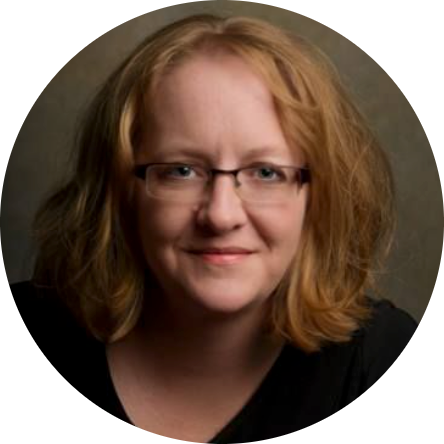
Traci Nathans-Kelly, Ph.D., Robert N. Noyce Director of the Engineering Communications Program
As part of the Engineering Communications Program since 2012, Nathans-Kelly (pronouns she/her) has a special interest in social justice and techquity issues. She interacts daily to help engineers and pre-professional engineers to hone their technical communication and leadership skills and their technical messaging, whether it be via presentations, on paper, in meetings and teams, or online channels. She has worked with practicing professional engineers, technical experts, scientists, and related field experts for over 20 years, helping them to strengthen their abilities to become impactful contributors in their organizations.
She is very active in IEEE, where her current work includes co-authoring the “English for Technical Professionals” coursework for ILN; committee commitments include the IEEE Continuing Education Committee, the Educational Activities Committee, and the IEEE Teaching Excellence Editorial Board. She also served as the editor for the IEEE Professional Communication book series for Professional Engineering Communication, with 12 books on the shelves for the series. The book Slide Rules: Design, Build, and Archive Presentations in the Engineering and Technical Fields was co-authored with Christine G. Nicometo.
Allison Hutchison, Ph.D. Senior Lecturer
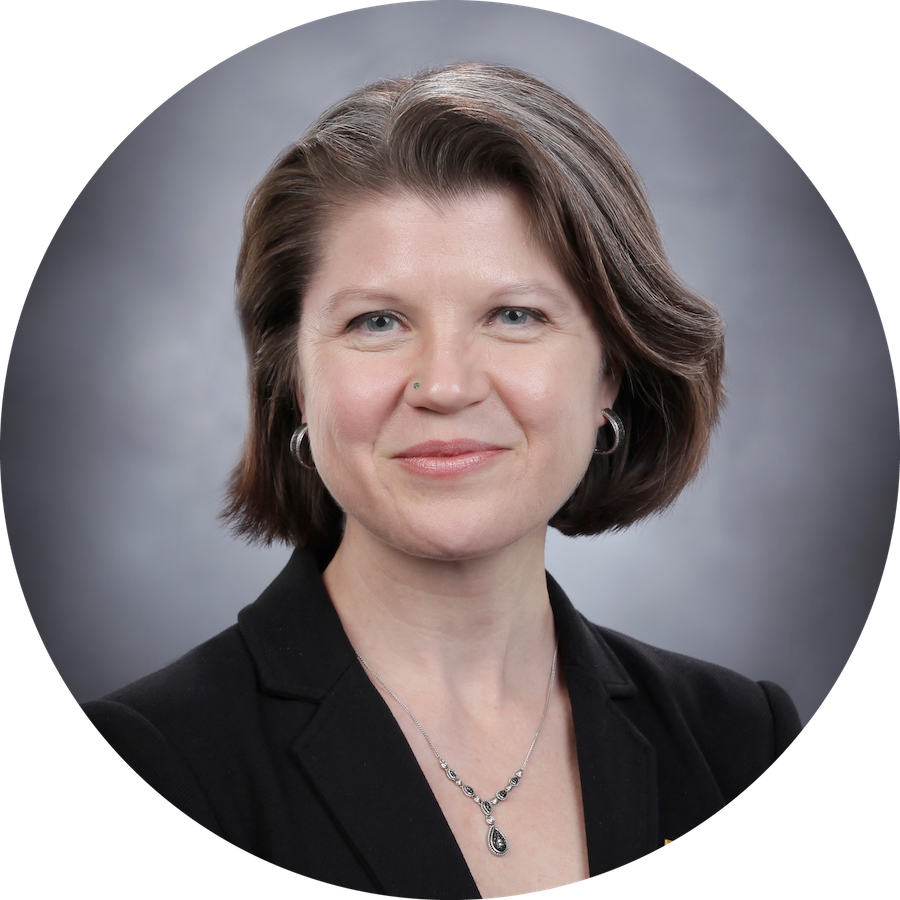
Dr. Allison Hutchison is a teacher-scholar whose research interests combine engineering communication and writing center studies pedagogies. Her current research project, involving undergraduates in the College of Engineering, investigates what kinds of communication and collaboration skills are included in engineering job advertisements. In addition, she promotes an interview project between students and COE alumni regarding workplace communication activities. In addition to pedagogical research, Dr. Hutchison has published several co-authored pieces on graduate student instructors’ labor practices in rhetoric, writing, and composition programs across the U.S. Her work appears in Computers and Composition, WPA: Writing Program Administration, and Transformations: Change Work across Writing Programs, Pedagogies, and Practices.
Suzanne Lane, Ph.D., Senior Lecturer
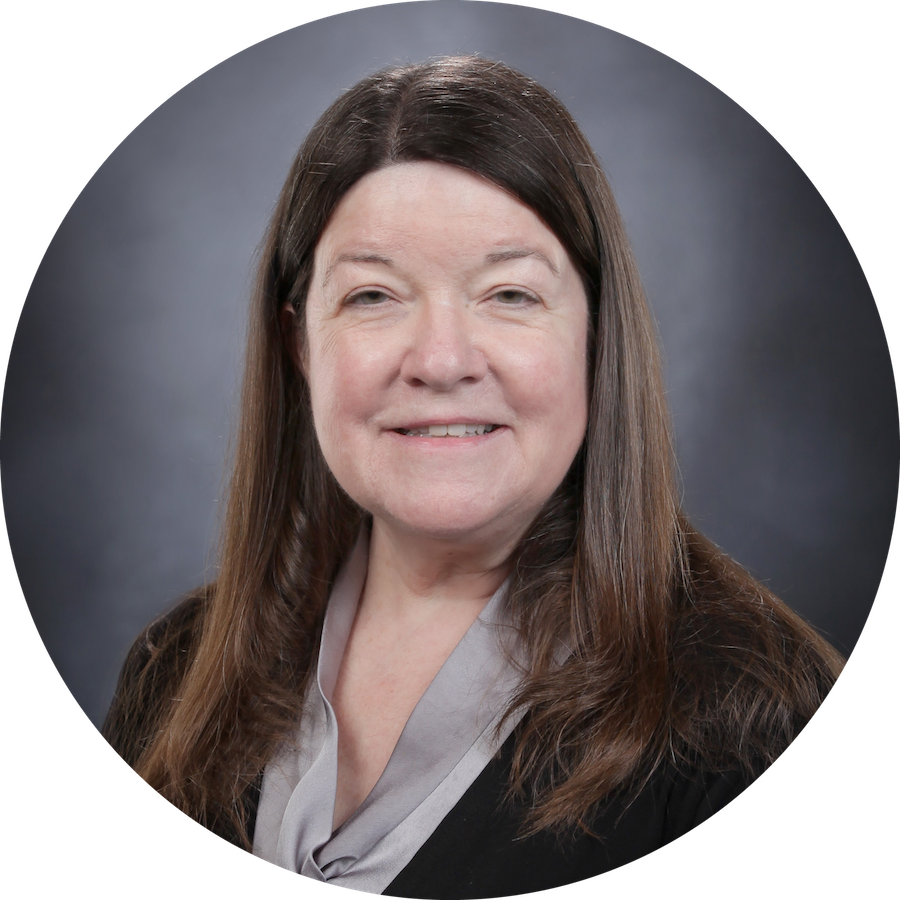
Dr. Lane has an undergraduate Chemical Engineering degree from MIT, and continued her studies at the University of Colorado (Master's degree) and at the University of Massachusetts for her Ph.D. Before joining MIT as a faculty, she taught at Harvard, where she was also a researcher on the Harvard Study of Undergraduate Writing. In that research, she explored how students learn discipline-specific genres and forms of argumentation and then transfer them to new locations. Dr. Lane also co-directed ArchiMedia, a research lab that investigates how digital media is shaping professional communication practices, and how digital tools can be used (and designed) to teach professional communication.
Cameron Mozafari, Ph.D., Senior Lecturer
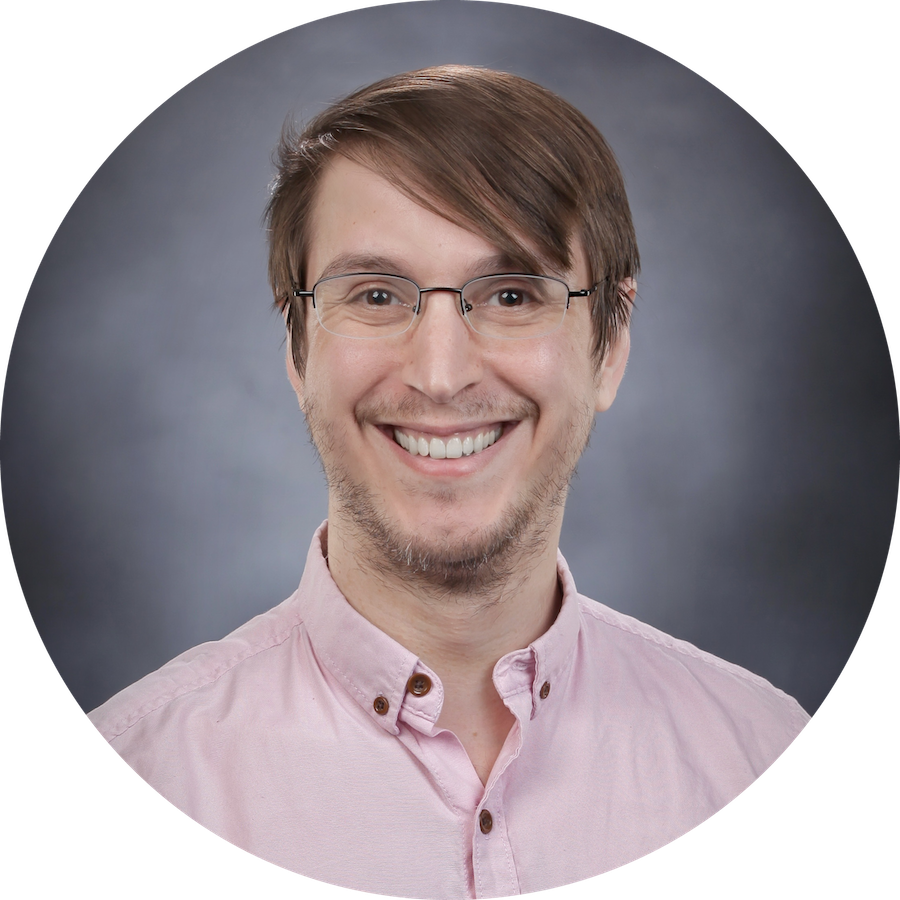
Dr. Cameron Mozafari (he/him) is an interdisciplinary scholar-teacher working at the cross-sections of cognitive linguistics and rhetoric, with applications in environmental communication, the cognitive and emotion sciences, technical writing, political discourse, and philanthropic writing. He is a former board member of the International Cognitive Linguistics Association and the current co-chair for the Linguistics, Language, and Writing standing group for the Conference on College Composition and Communication, the flagship organization for writing studies. Outside of academia, he has worked as a science communicator and language consultant, as well as non-profit director and librarian for a queer literacy center. His work appears in Discourse & Society, The Routledge Handbook on Language and Persuasion, Communication Design Quarterly, The Oxford Handbook for Writing Tutors, Textual Cultures, and College Composition and Communication.
Hua Wang, Ph.D., Senior Lecturer
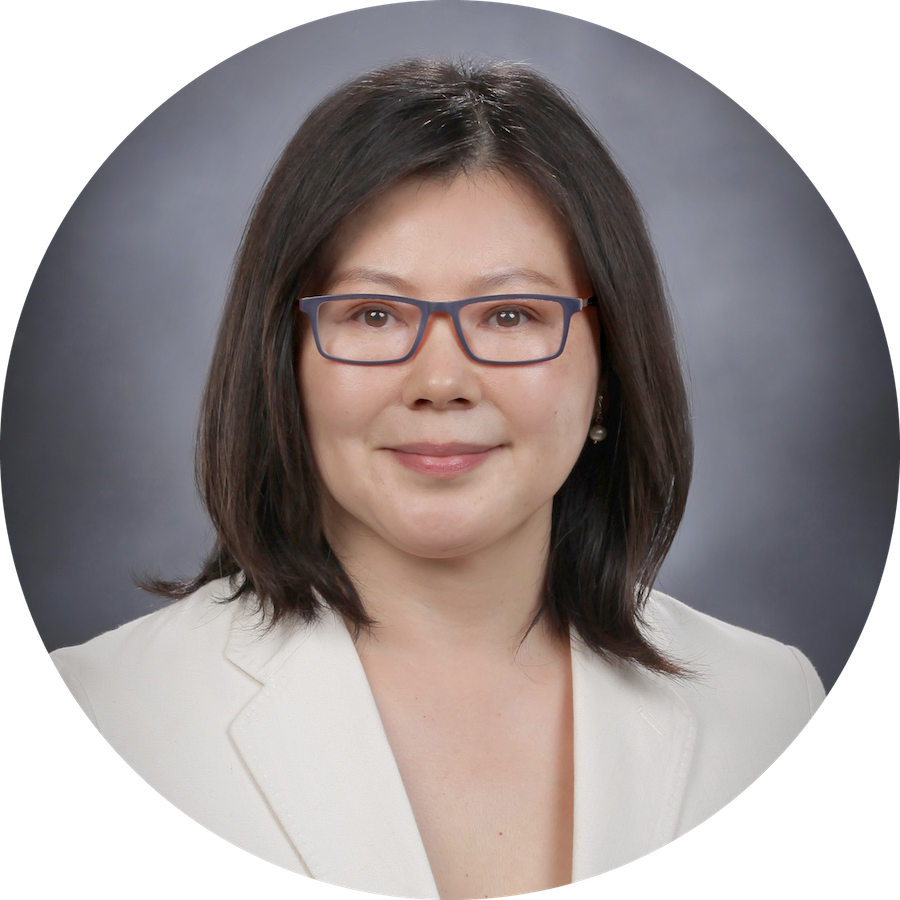
Hua Wang, Ph.D., is a scholar who teaches engineering communication courses, helping students understand how to become effective communicators and empowering them to be successful leaders in their fields in the future. Dr. Wang’s research focuses on technical communication, usability and UX, rhetoric of health and medicine, cultural rhetoric, cross-/intercultural communication, and pedagogy. She is an active scholar whose work has appeared in the Journal of Technical Writing and Communication, Technical Communication Quarterly, Proceedings of the 37th & 38th ACM International Conference on Design of Communication, and Strategic Interventions in Mental Health Rhetoric by Routledge.
Amber DeJesus, Administrative Assistant
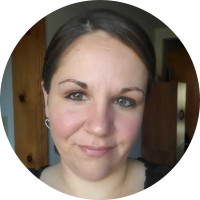
DeJesus is originally from Trumansburg but has lived in McLean for 10 years. She has amazing skills from her past administrative positions, and she loves this kind of work. She says that her four children (a toddler and 3 teenagers) keep her very busy when not assisting ECP and the Bovay programs with their administrative needs.
Rick Evans, Ph.D., Emeritus
Rick Evans, Ph.D., is a Sociolinguist and the Robert N. Noyce Director of the Engineering Communications Program (ECP) in the College of Engineering at Cornell University. He has published articles/chapters and presented and published proceedings at national and international conferences in the fields of sociolinguistics, applied linguistics, literacy studies, performance studies, folklore/anthropology, business education, engineering education and professional communication. He is currently serving on the steering committee of The Forum for the Philosophy of Engineering and Technology. For several years, he has been partnering with the Office of Engaged Initiatives at Cornell and has long been a proponent and practitioner of community-engaged teaching and learning. Currently, he is a principle investigator (PI) in the National Science Foundation (NSF) funded project entitled “We are Thriving: Challenging negative discourse through the voices of women in project teams.”
Email: rae27[at]cornell.edu